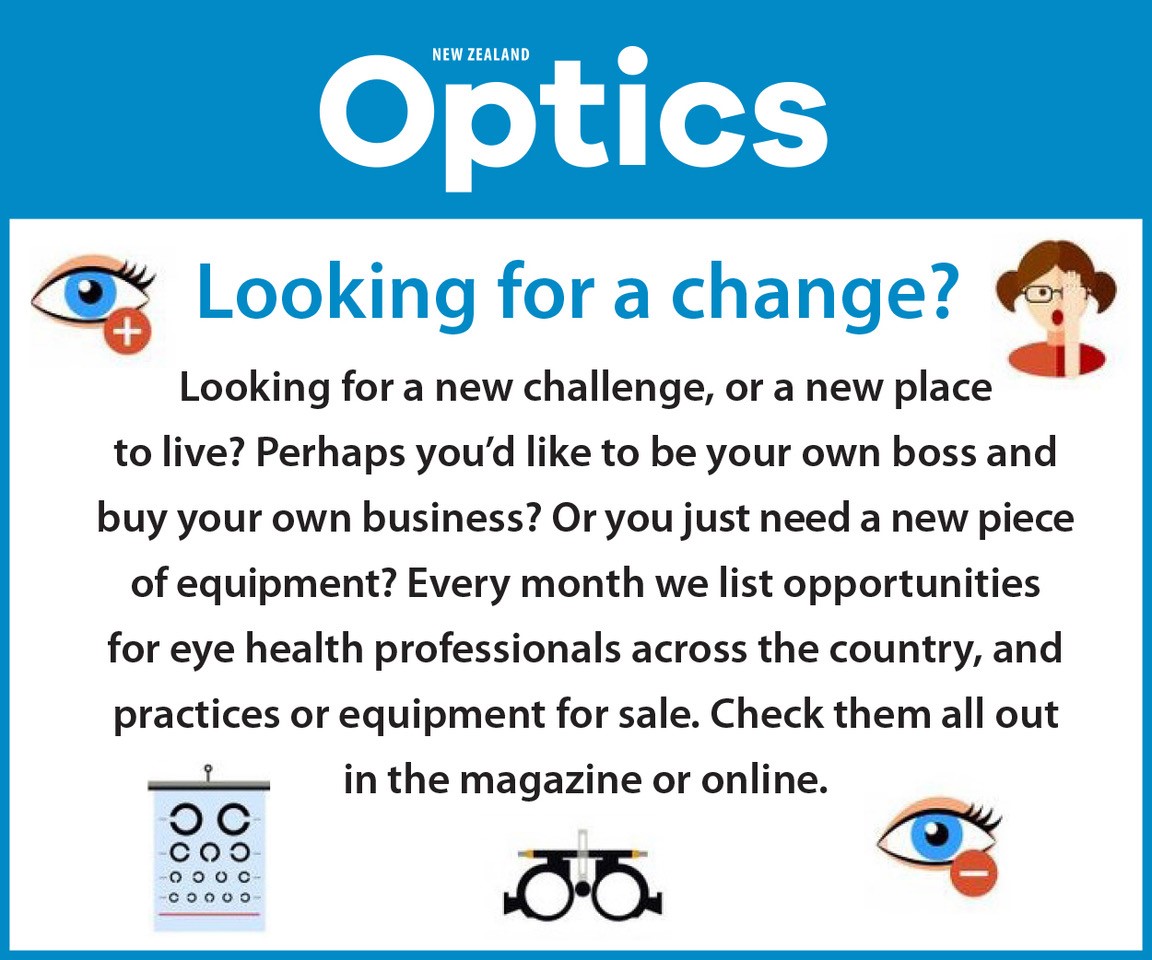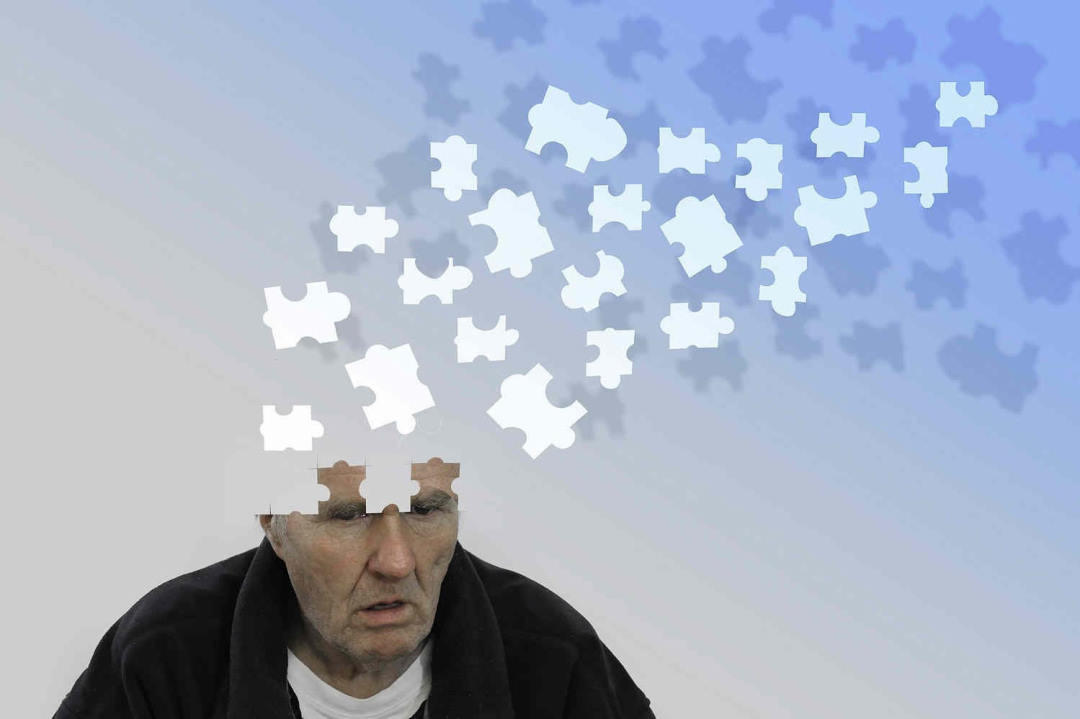Vision loss: a modifiable risk factor for dementia
The 2024 Lancet Commission’s report on dementia has added vision loss as a new modifiable risk factor for dementia, along with high cholesterol. Led by a team from the Division of Psychiatry, University College London, the report increases the modifiable risk factors from 12 to 14, pushing the link to dementia cases from about 40% to about 50% of all cases. Managing these risk factors could delay or prevent dementia in many people, said authors.
The report’s meta-analysis of 12 cohort studies involving 45,313 participants showed those with vision loss had a 35% higher risk of developing cognitive impairment, while another analysis of 37,705 individuals found a 38% increased risk of all-cause dementia associated with visual loss. Specific eye conditions, such as cataracts and diabetic retinopathy, were linked to higher dementia risk, with relative risks of 1.17 and 1.34, respectively. In contrast, glaucoma and age-related macular degeneration showed no significant association with dementia. A US study of 3,038 older adults showed cataract extraction significantly reduced dementia risk by 29%. A Korean study reported the severity of vision loss correlates with increased dementia risk, implying a potential causal relationship.
Dunedin ophthalmologist Dr Francesc March de Ribot said the findings were “very interesting, as cataract surgery, for example, can improve vision significantly with relatively low resources.”
The global prevalence of avoidable vision loss and blindness, including common sight problems for which glasses are prescribed, in adults aged 50-plus is estimated to be 12.6%. This prevalence is distinct from blindness seen in people with posterior cortical atrophy, which is usually due to Alzheimer’s disease but often initially misdiagnosed as ocular disease, said the commission. Early detection and treatment of eye diseases, like macular degeneration and diabetic retinopathy, is crucial as these can indirectly contribute to cognitive decline, they reported, recommending that clinicians spend time educating patients about the link between vision health and cognitive function, reinforcing the importance of UV protection and managing chronic conditions. In line with this, a group of prominent New Zealand ophthalmologists has been proactive in calling for eyecare professionals to work together to maintain and increase pressure on health leaders to ensure timely and affordable cataract surgery for patients.
In related news, a UK study published in Science Reports reveals a loss of visual sensitivity can predict dementia 12 years before it’s typically diagnosed. The research looked at 8,623 healthy people and found by combining visual processing tests with other neuropsychological tests they could better identify future dementia risk. Reduced complex visual processing speed was significantly associated with a high likelihood of future dementia and risk/protective factors in this group, they said.
























